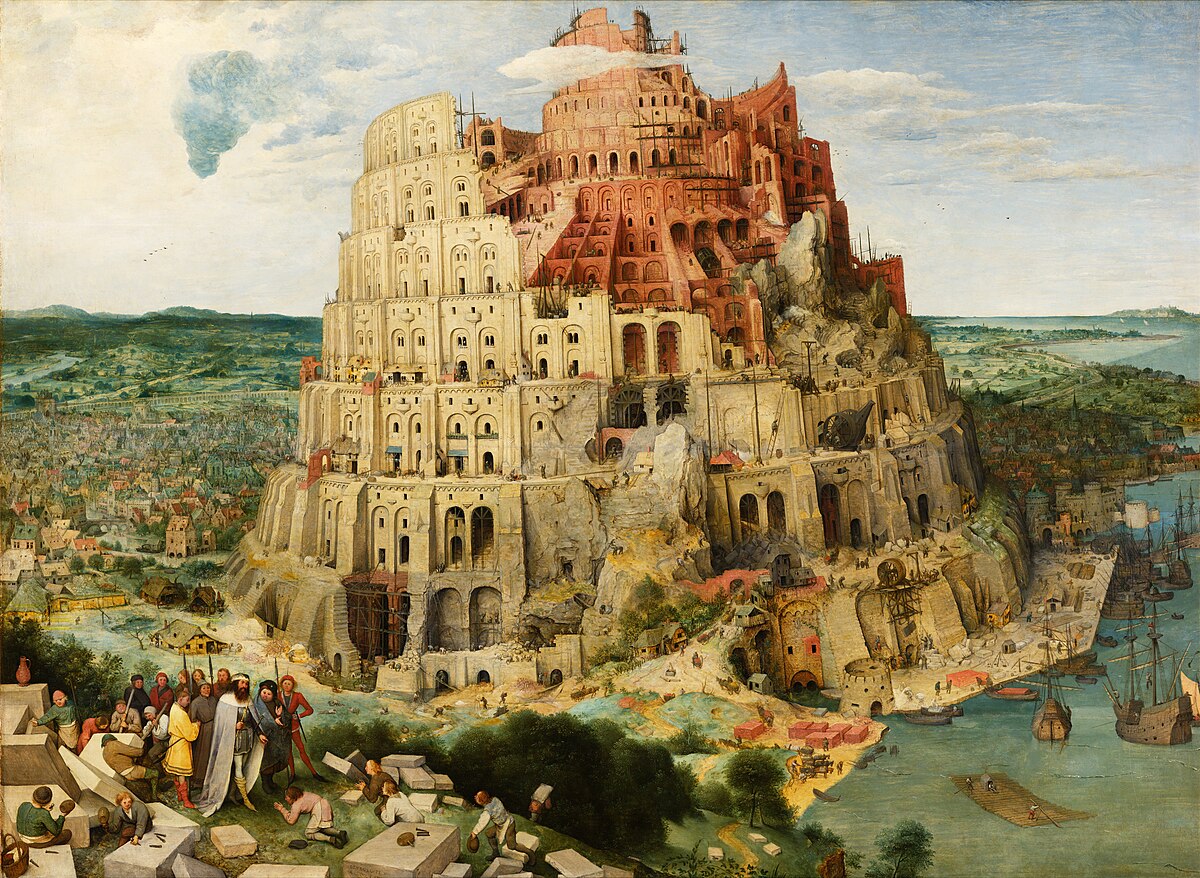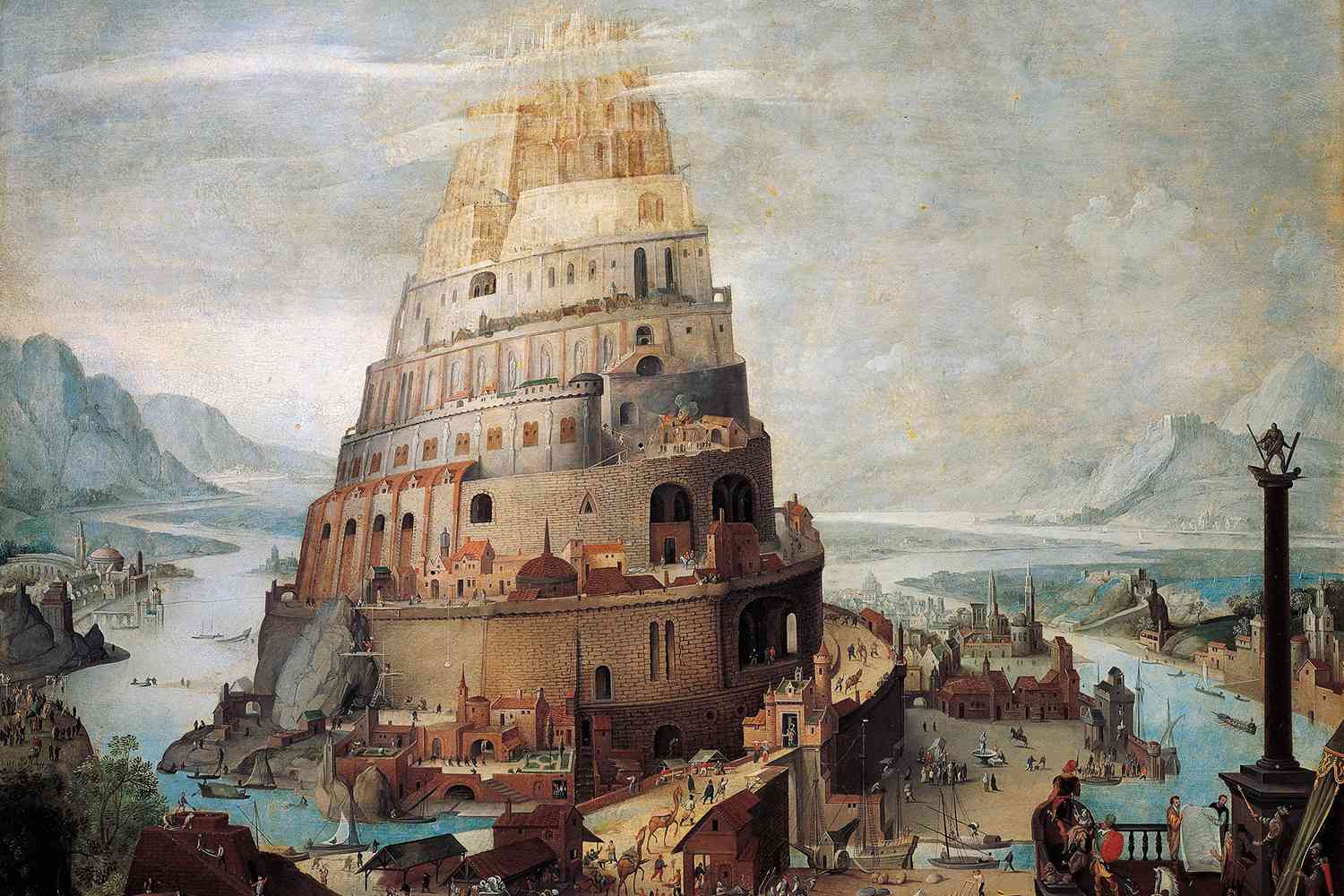1) 1 : 15-16 : Regarding the issue of the midwives, in Hebrew it is not specified exactly if they were Hebrew or if they were the midwives of the Hebrew women, that is, they were Egyptian. Does it seem like it's open to the reader's interpretation? Which is ambiguous on purpose. There are some who think they are Egyptian because Pharaoh wouldn't waste his time asking Jewish women to kill Jewish children. On the other hand, one can think that they were Hebrews and draw a good lesson from it for today: a tyrant who empowers women to murder his men. He wants to "feminize" the Hebrews. The first thing a tyrant wants to do is get rid of the figures that may be an opposing force to his system. What do you guys think?
I'm open for understanding... but it does seem like it was pretty clear: 15Now the king of Egypt spoke to the Hebrew midwives, one who was named Shifrah, and the second, who was named Puah. Do you know whether the names of the midwives are known Jewish names?
My view is more of a result of the consequences of Genesis 3:15 - a seed that was going to crush the serpents head or authority.... that it was a direct attempt to kill the potential of the "male seed" that would bring redemption. The same happened at the time of Jesus.
2) The Golden Calf: Tired of waiting forty days for Moses, the people tell Aaron that they want another God, since they do not know where Moses is or when he will return. Aaron relents and builds a golden calf for them, which the people idolize and offer sacrifices to, being unfaithful to the Alliance. Moses comes down from the mountain and sees how the people dance under the golden calf. Moses, angry, throws the tables and breaks them. He destroys the calf and cremates it, forcing the people to drink the ashes. He commands the Levites, uncontaminated by the worship of the calf, to kill the unbelievers. Around three thousand people die.
Yes...
The priestly line that prevailed in Israel comes from the nucleus of priests who officiated in Jerusalem when the elimination of all local sanctuaries was decreed, leaving the temple of Jerusalem as the only sacred place. A very serious religious and economic conflict occurred since the rest of the priests, most of them Levites, were left without work and without the right to officiate. They were objects of public charity, like widows and orphans. The priests of Jerusalem, Zadokite and not Levitical, managed to demonstrate their descent through the line of Aaron.
So my question is, on what grounds do the priests that say that they come from the line of Aaron (the one that commanded the Golden Calf to be built and let the people worship it) consider themselves above the priests form the line of the Levites (the only ones uncontaminated by the worship of the calf)?
Thanks for reading, sorry if something is confusing or, now that I think about it, maybe this is too long, haha. But yeah, hope someone can answer me and I can learn more))
I thought Aaron was from the tribe of Levi. At least that is my understanding



